Own or rent?
User
6 years ago
Featured Answer
Sort by:Oldest
Comments (35)
gardengal48 (PNW Z8/9)
6 years agosonni1
6 years agoRelated Discussions
How to find an independant homeowner's insurance agent?
Comments (5)It is true that brokers often seem able to circumvent the closed systems that many companies have. Many brokers have sufficient access to the information, so they can give the information necessary to appear they are also brokering for Company XYZ. So, it is true that brokers can get quotes, or appear to be getting quotes. To the OP: either web searching or through any other means, find a broker. Ask him/her what group, association, or whatever-they-call-it that he or she belongs to. Get that association. Contact them. Get a few more names from them. Ask each broker which firms they send most of their business to. No matter how impartial they seem to be, with their quotes, they will ultimately find ways to send most of their customers to a small number of insurance carriers. One way or another, you will be channeled into a small number of good choices. They may all be good ones. But speak to another broker. hth...See MoreColored vinyl windows - they exist.
Comments (4)Seaway Windows (out of Pennsylvania) has offered colored vinyl windows for a while now. I got my first (of 17) green vinyl windows in 2001 and they are holding up quite well. Abbey...See MoreRent or buy a DVR box?
Comments (4)I've read that TiVo is introducing a new DVR that will pick up OTA signls from an HD antenna as well as from streaming Netflix, YouTube, etc. It's the TiVo Roamio OTA. The box costs $50 and you need a 1-year contract at $15/mo. Best Buy is to start selling this Sept. 14. I need information about HD antennas before I get into this....See MoreInspiration resources with natural wood trim
Comments (7)I used simple inside mount valances (on a spring tension rod) in my kitchen. Hidden behind the valance is a roller shade. Total cost was about $6 per window and 10 minutes time. (seeing this picture makes me realize I should totally clean all the junk off of my fridge!) In my previous house with 'craftsman' colored woodwork, I had inside mount wood blinds custom made from JC Penney. Beautiful and reasonably priced and really added to the look. In other rooms of my house I have simple panel curtains over the windows - right now our wood was bleached a sickly blonde color, and I'm in the process of restoring it to the same color as the kitchen, so I really don't care if the windows are mainly covered. Another vintage look is inside mount tension rods with a simple semi-sheer panel. Mount this in the middle of the window to add privacy from the bottom down, and view from the top up. We had this for quite a bit in the kitchen above before I did the woodwork....See Morepalimpsest
6 years agoUser
6 years agolast modified: 6 years agolookintomyeyes83
6 years agoMrs Pete
6 years agolast modified: 6 years agogardengal48 (PNW Z8/9)
6 years agozippity1
6 years agogardengal48 (PNW Z8/9)
6 years agoworthy
6 years agojmm1837
6 years agoB Carey
6 years agobry911
6 years agolast modified: 6 years agobry911
6 years agolast modified: 6 years agoAnglophilia
6 years agolast modified: 6 years agoB Carey
6 years agoeinportlandor
6 years agoB Carey
6 years agobry911
6 years agolast modified: 6 years agomushcreek
6 years agoDonald
6 years agoDavid Cary
6 years agoaviastar 7A Virginia
6 years agojust_janni
6 years agoCaroline Hamilton
6 years agobry911
6 years agolast modified: 6 years agoUser
6 years agobricklaypros
6 years agoCaroline Hamilton
6 years agoAnglophilia
6 years agomushcreek
6 years agojmm1837
6 years agonew-beginning
6 years agobry911
6 years agolast modified: 6 years ago
Related Stories
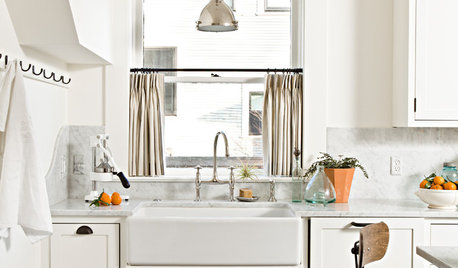
KITCHEN DESIGNRenting? 15 Ways to Make Your Kitchen Your Own
If you’re feeling stuck with a blah kitchen you can’t renovate, these small moves can help make it feel like home
Full Story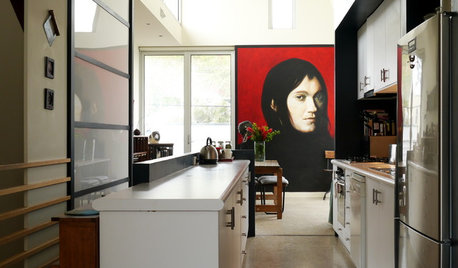
HOUZZ TOURSMy Houzz: Curator of Her Own Sweet Home
Avid collector Ramona Audrey has put her stamp of creativity on her shared rented house
Full Story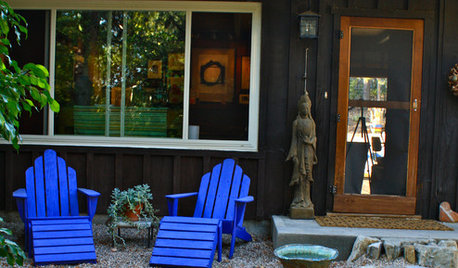
HOUZZ TOURSMy Houzz: Eclectic, Artistic Rented House in Ojai
Original artwork, vintage furniture and vivid colors saturate a designer's quirky Southern California space. And wait 'til you see the swing
Full Story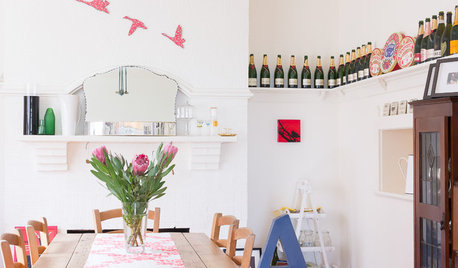
DECORATING GUIDESPersonal Spaces: Ideas for Making a Rental Your Own
Think creatively — and kiss your landlord if he or she allows you to paint those bare walls
Full Story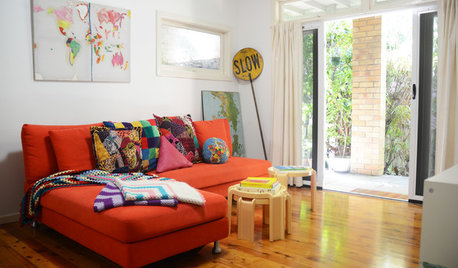
HOUZZ TOURSMy Houzz: An Artist Maps Out Her Own Haven of Happiness
A 1960s Australian vacation lodge is home to an artist-curator whose vintage collectibles fit beautifully in the seaside abode
Full Story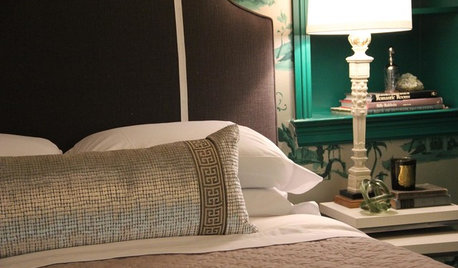
HOME INNOVATIONSConsidering Renting to Vacationers? Read This First
More people are redesigning their homes for the short-term-rental boom. Here are 3 examples — and what to consider before joining in
Full Story
HOUZZ TVHouzz TV: Goodbye, Skyrocketing Rents; Hello, Waterfront Living
Tired of the congestion and high costs of San Francisco, this young techie bought a boat on the bay. See how she makes it her home
Full Story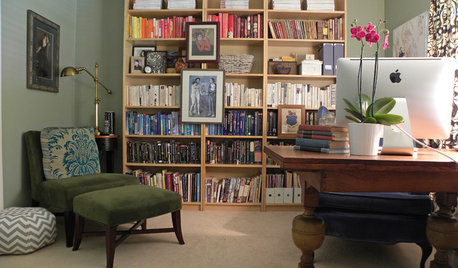
LIFESimple Pleasures: A Room of Your Own
Free up space for your own creative or meditative pursuits, and your dreams may have freer rein too
Full Story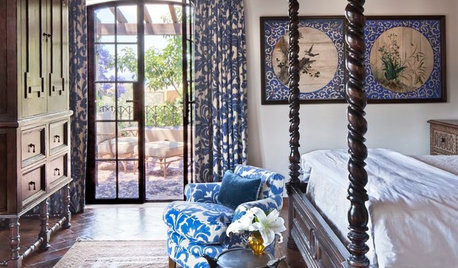
DREAM SPACES7 Supermodel Homes and Why Creatives Rent Them
What makes a setting right for fashion and advertising shoots? Find out here
Full Story
SUMMER FRUITS AND VEGETABLESHow to Grow Your Own Fresh, Sweet Corn
Here's how to plant and care for your own mini cornfield
Full StorySponsored
Columbus Area's Luxury Design Build Firm | 17x Best of Houzz Winner!




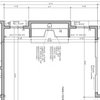
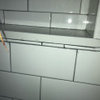
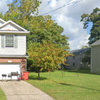
bry911